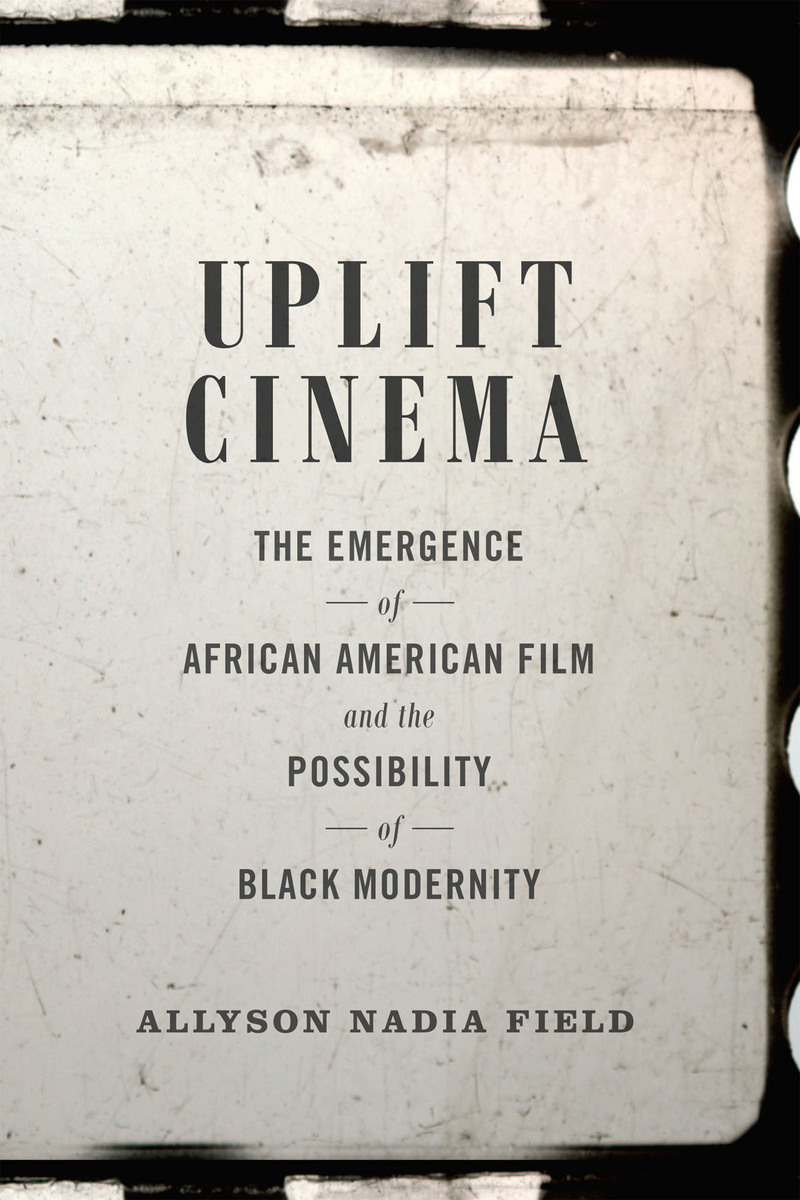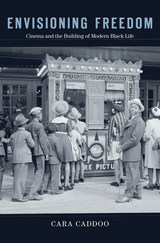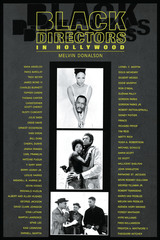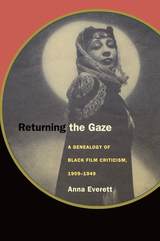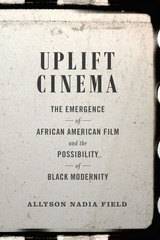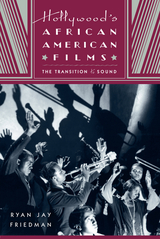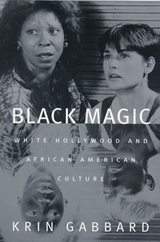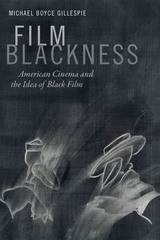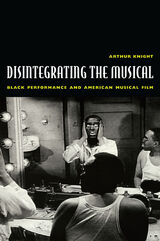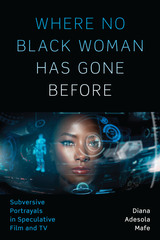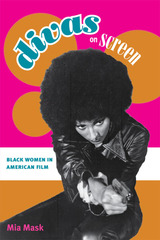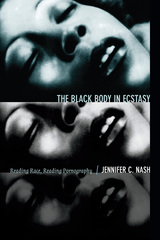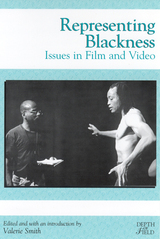Uplift Cinema: The Emergence of African American Film and the Possibility of Black Modernity
Duke University Press, 2015
Paper: 978-0-8223-5881-7 | eISBN: 978-0-8223-7555-5 | Cloth: 978-0-8223-5907-4
Library of Congress Classification PN1995.9.N4F54 2015
See other books on: African American Film | African Americans in motion pictures | African Americans in the motion picture industry | Emergence | Field, Allyson Nadia
See other titles from Duke University Press
Paper: 978-0-8223-5881-7 | eISBN: 978-0-8223-7555-5 | Cloth: 978-0-8223-5907-4
Library of Congress Classification PN1995.9.N4F54 2015
ABOUT THIS BOOK | AUTHOR BIOGRAPHY | REVIEWS | TOC | REQUEST ACCESSIBLE FILE
ABOUT THIS BOOK
In Uplift Cinema, Allyson Nadia Field recovers the significant yet forgotten legacy of African American filmmaking in the 1910s. Like the racial uplift project, this cinema emphasized economic self-sufficiency, education, and respectability as the keys to African American progress. Field discusses films made at the Tuskegee and Hampton Institutes to promote education, as well as the controversial The New Era, which was an antiracist response to D. W. Griffith's The Birth of a Nation. She also shows how Black filmmakers in New York and Chicago engaged with uplift through the promotion of Black modernity. Uplift cinema developed not just as a response to onscreen racism, but constituted an original engagement with the new medium that has had a deep and lasting significance for African American cinema. Although none of these films survived, Field's examination of archival film ephemera presents a method for studying lost films that opens up new frontiers for exploring early film culture.
See other books on: African American Film | African Americans in motion pictures | African Americans in the motion picture industry | Emergence | Field, Allyson Nadia
See other titles from Duke University Press
